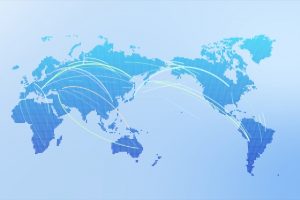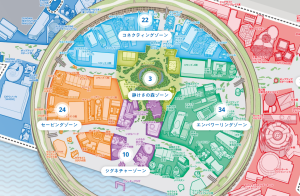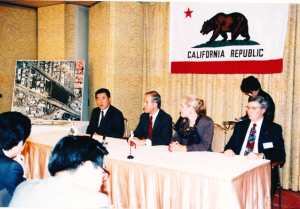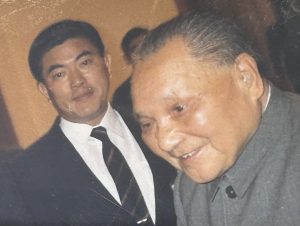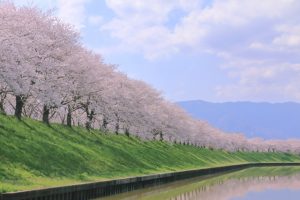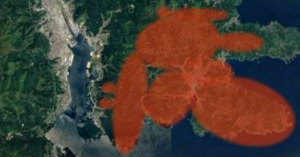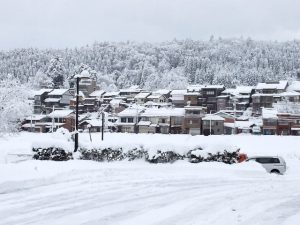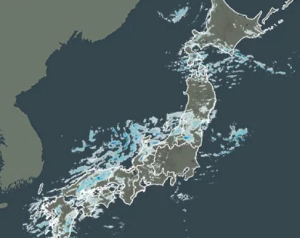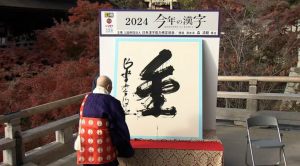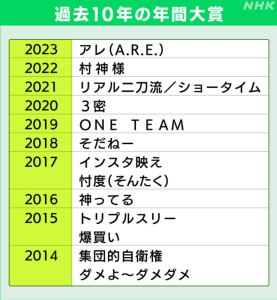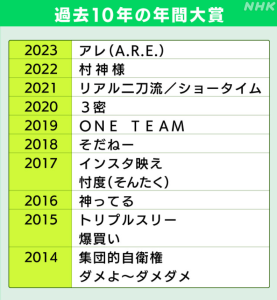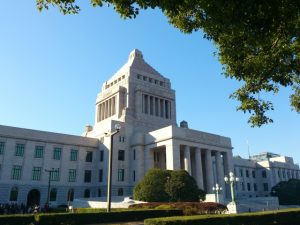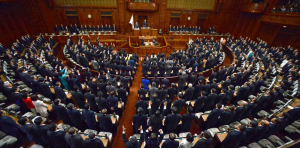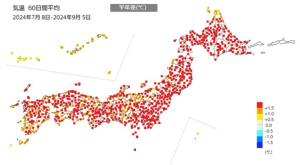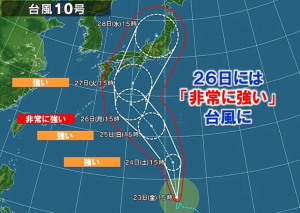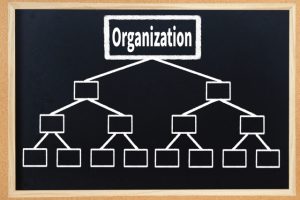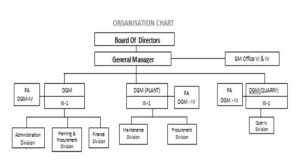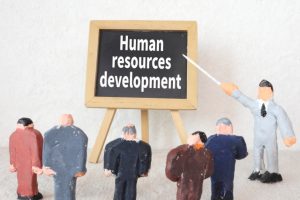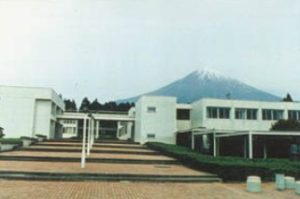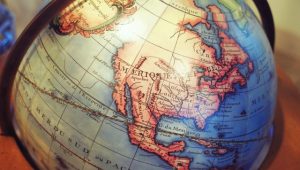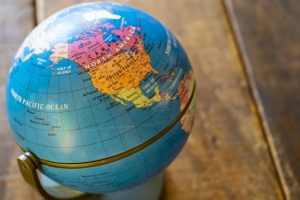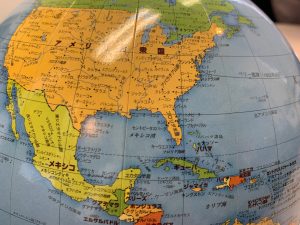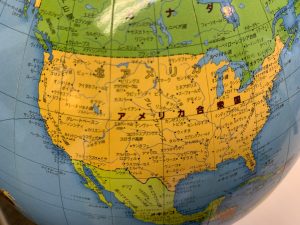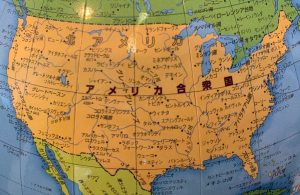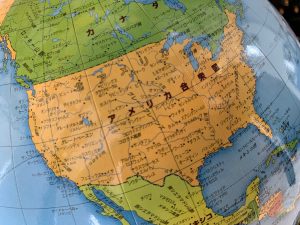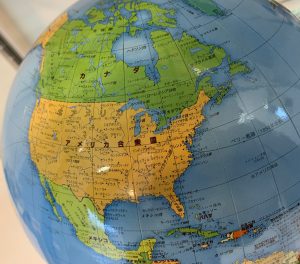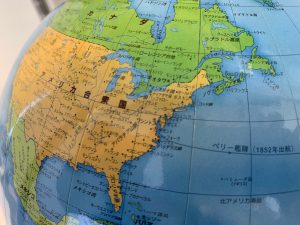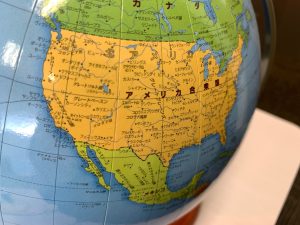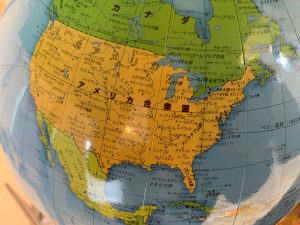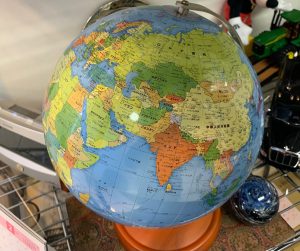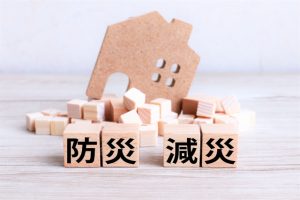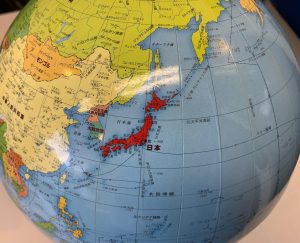Re: A news item and subject which I just want to check out (70) December 2, 2022
December has come at last. When I hear that the cold winter wind has blown and the first snow has fallen, I feel the rush in some way and at the same time “what I left undone” comes to mind profusely. Once I hit this time of year, I feel a kind of impatience and when the new year comes, I have repeated the pattern saying “this is the year” until today. Things don’t always work out our way. I guess that I used to dream “this and that” when I was young. But I am thinking that I will not be greedy and focus on two or three feasible things and aim for solid realization.
■■There were a lot of things that made me think this week, too.
■In relation to the passing of Jiang Zemin, former president of China:
I have visited China more than 30 times until now. My first visit was November 1976 right after the end of “the Cultural Revolution” which had raged in China for ten years since 1966. At that time, I was 34 years old, and I visited China because I joined business discussions of the Canton fair which was held every spring and autumn in Guangzhou City, Guangdong Province. I remember that I felt the tough negotiating stance of Chinese side with all my sense. Among my subsequent visits to China, the most memorable one was December 1988, the previous year of Tiananmen Square protests, when I joined the delegation to China headed by the late Mr. Yoshio Sakurauchi, LDP Diet member and chairman of the association for the promotion of international trade at that time. During that time, I had an audience with President Deng Xiaoping, 84 years at that time, at the Great Hall of the People. And at the same time, I had also an opportunity to pay a courtesy call on Jiang Zemin, chairman of Central Military Commission of the Communist Party of China, 63 years old at that time. According to my memory, I feel like he was a person with suitable atmosphere and presence. After that he had served as president of China from 1993 to 2003.
Due to the Tiananmen Square protests, I think China seemed to strengthen further autocracy by the Communist Party. And the person who laid the foundation was Jiang Zemin who succeeded Deng Xiaoping.
According to my impression, he longed and respected for the United States, but did not let his guard down on Japan and maintained his severe stance against Japan, and proceeded the line of “patriotic education” and “a rich country and a strong army”, because of Japan’s invasion into China. However, in the last few years under the Xi Jinping administration, Chinese policy is making changes from economic growth as the center by “reform and opening-up” of Deng Xiaoping and Jiang Zemin to “correcting distortions” or common prosperity, and his influence has been gradually swept away. But I think that the Communist Pary absolutism and hegemonism is getting stronger in China.
At any rate, nearly 50 years have passed since I visited China for the first time, but during the period, China’s remarkable economic development is recognized by all. In terms of GDP, China got ahead of Japan in 2010, and ranked second in the world. Chinese economy is slowing down recently due to zero-Covid policy but considering the size of population which is about 4 times more than the United States and about 12 times more than Japan, it is probably safe to say that China will get ahead of the United States in terms of GDP sooner or later.
Looking back on industrial polices of Japan and China in the last about 50 years, I feel that China has adopted a policy, so to speak, of socialist Capitalism, and on the other hand, Japan has adopted a policy like capitalist Socialism. In other words, China has proceeded the national policy centered on state-owned enterprises, and on the other hand, Japan has adopted a basic policy for small and medium-sized enterprises to support its economy. Therefore, I feel that a policy to reorganize into or cull to companies of a certain size was lacking. As a result, Japan is in a state of disorder where 99.7% of total business operators, which are 4.21 million companies, are small and medium-sized enterprises and their employees account for 70% of the total employed population. Compared to other developed countries, I am hearing that both ratios are high. I feel that this becomes one of the reasons for hindering increased productivity and comprehensive improvement of national and industrial power such as technological development capabilities, digitalization, internationalization, labor shortage countermeasures, and human resources development. There are many Zombie companies. Not even learning from “Mohri family’s teachings”, and in order to make the most of limited human and physical resources, they have to get out of “subcontracting” shells and strengthen competitive power and bargaining power, by bundling to companies of a certain size. Otherwise, “upgrading and inter-industry mobility of human resources by reskilling” may be difficult. I think there are various another views, but the above is my opinion based on my dogmatism and prejudice.
■Labor shortage becomes evident:
The ratio of job openings to job applicants in October was 1.35 times, increased by 0.01 point from the previous month. The increase is for 10 consecutive months. By industry, the highest growth ratio was seen in accommodations and food services, increased by 29.3% compared to the same month last year. So called service industry’s share in Japanese industries is increasing every year, and according to the Ministry of Economy, Trade and Industry, it accounts for about 70% of GDP and about 70 % of working population now. Therefore, response to inbound guests which are expected to increase due to the easing of immigration restrictions going with a review of coronavirus border measures becomes insecure. Reflecting
the labor shortage, pay per hour of part-time job is also record high for 3 consecutive months. Introducing robots is on the rise, but it is not still almighty. The same is true in the United States, and I heard that pay per hour of McDonald’s employees is 30 dollars, over 4 thousand yen reflecting the weak yen. Rising labor cost becomes the biggest factor of inflation. In a liberal market economy, it symbolizes that “the price of goods is determined by supply and demand”. There are concerns that stagflation, inflation in a recession, will become a reality even in Japan.
≪P.S.≫ Japan beat Spain 2-1 at the match deciding the advance to the knockout stage of FIFA World Cup. Basic tactics the same as Japan vs Germany by Manager Moriyasu hit the mark. It was a victory which excites and energizes Japan. The game is really decided by a hair. I heard on the radio the other day, and the words by a certain famous player that “the strong one does not win, the one that wins is strong” came to mind. I expect that Japanese team will take one game at a time.


